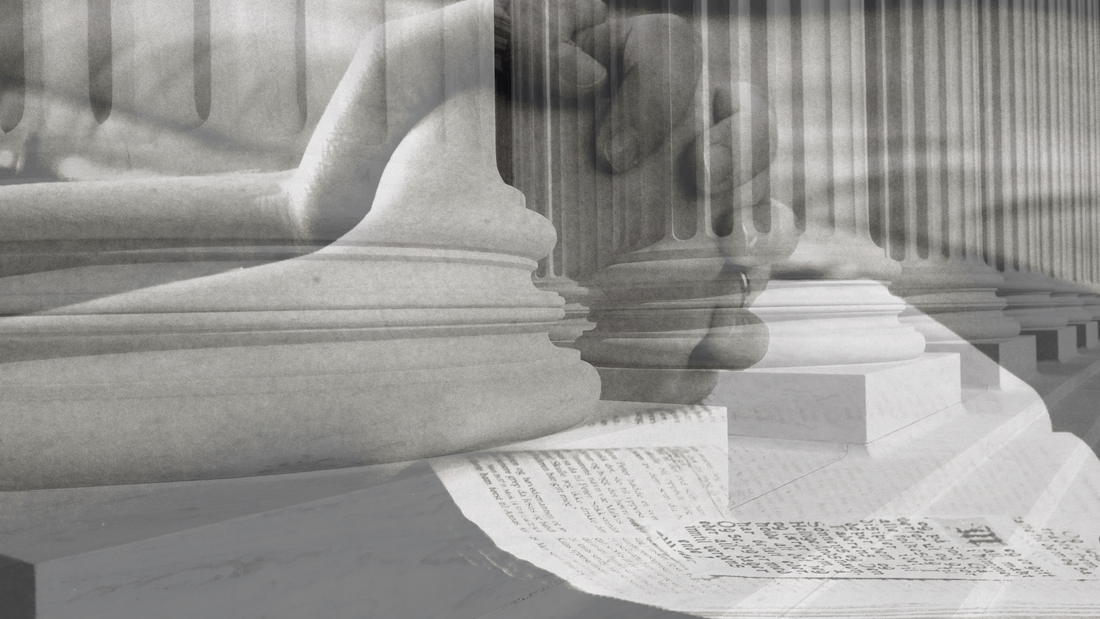|
A case from Grants Pass, Oregon, presents a compelling study and examination of the role that religious charities play in helping the helpless.
In 2018, a group of homeless people sued the City of Grants Pass over its municipal ordinances – and hefty fines – meant to prohibit sleeping on public land. Specifically, the group alleged violations of the Eighth Amendment, which bans “cruel and unusual punishment.” In 2023, the Ninth Circuit Court of Appeals ruled for the plaintiffs using its own particularized formula that bans the prosecution of homeless people if there “is a greater number of homeless individuals … than the number of available” shelter beds. At the same time, the court relied on precedent asserting that shelters with a “mandatory religious focus” could not be included in their calculations due to possible violations of the Constitutional prohibition against the establishment of religion. Whatever one thinks of the underlying issue about rights and responsibilities regarding homelessness, the Ninth Circuit’s disregard for religious charitable organizations shows a broader legal hostility towards religion itself. Worse, it discounts religious institutions’ many contributions to social welfare and safety. In 1971, the Supreme Court held in Lemon v. Kurtzman that state statutes do not violate the Establishment Clause if they: 1) have a secular purpose 2) do not advance or inhibit religion, and 3) do not result in “excessive government entanglement” with religion. The test was used repeatedly as a means to disenfranchise – or entirely disregard – religious institutions that contribute to the public good. In 2022’s Kennedy v. Bremerton School District, U.S. Supreme Court Justice Neil Gorsuch instructed lower courts to ignore Lemon, instead directing them towards a historical analysis that takes into account what was understood as a religious “establishment” when our nation was founded. Unfortunately, this guidance is largely disregarded across the United States. As the Becket Fund writes, “[f]or decades, the Lemon test had caused courts to incorrectly apply the Establishment Clause, driving religious people and religious ideas out of public life. Even though Lemon was overturned, many lower courts, including ones within the Ninth Circuit, continue to rely on it.” Becket’s amicus brief before the U.S. Supreme Court, which is set to review the case soon, urges the justices to “reiterate that courts should apply a historical test” when deciding on Establishment Clause violations. Much is at stake behind this seemingly esoteric legal issue. Religious institutions unquestionably have always had and continue to have a major role in providing a social safety net in the United States. Continuing to rely on the Lemon test, which categorically excludes religious organizations from public life due to their “overall religious atmosphere,” is a gross overextension and misinterpretation of the First Amendment’s Establishment Clause. As the Becket Fund notes, it “confuses private and state action” when it comes to making distinctions about religion. Overall, this ruling is indicative of widespread local government dismissal of, or even hostility toward, the social contributions of people of faith. If a theocracy is one extreme the courts wish to avoid, a secular lack of acceptance for religious pluralism is the opposite extreme. Governments should welcome religious institutions that provide social safety nets. And it starts with the rejection of a reactionary, overruled legal doctrine that discredits the civic contribution of religious charities. Comments are closed.
|
Archives
June 2024
Categories
All
|
ABOUT |
ISSUES |
TAKE ACTION |



 RSS Feed
RSS Feed